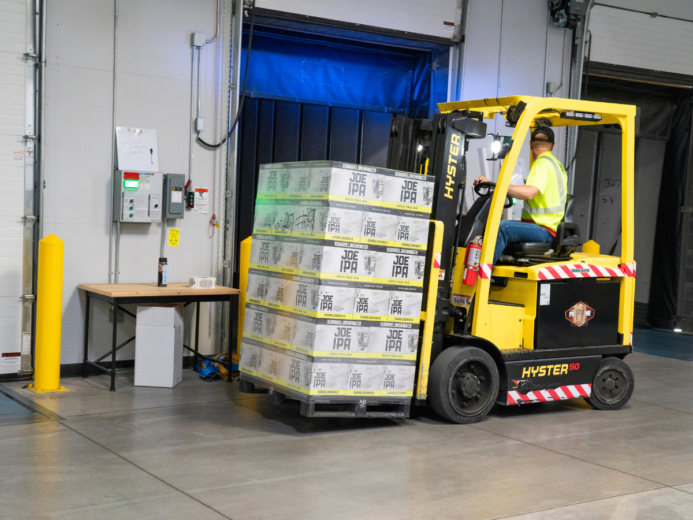Costa Rica has emerged as a key player in the global supply chain network, thanks to its strategic geographic location, stable economy, and emphasis on sustainable practices. Over the past decade, the country has transformed into a preferred logistics hub for multinational corporations, particularly in sectors such as medical devices, agriculture, and electronics. Among the standout names in the industry is SICSA, a well-established logistics company known for its reliability, technology-driven solutions, and exceptional client service. The company has played a pivotal role in supporting both local and global businesses with their supply chain needs. With businesses expanding and supply chains becoming increasingly complex, the role of the logistics operator in Costa Rica has become crucial. The presence of leading logistics companies in Costa Rica ensures efficient, timely, and seamless movement of goods across borders and industries.
The Strategic Importance of Logistics Operators:
Transportation services represent more than physical delivery because operators develop optimized supply chain systems. The operators in Costa Rica supervise goods transportation through seamless operations at all ports airports and land borders across the country. The operation requires management of warehouses in addition to inventory control customs clearance services and last-mile delivery solutions that ensure trade continuance. Logistics providers needed to rapidly adopt digital tracking platforms and real-time systems because e-commerce activities along with growing global exports gained popularity. The strategic participation of logistics operators leads to faster deliveries optimized costs and improved risk containment benefits for both home and overseas enterprises.
Facilitating International Trade and Export Growth:
The external trade-dependent economic model of Costa Rica depends on effective logistics systems. The country exports different products such as coffee and bananas and medical equipment which need to satisfy international quality and delivery parameters. Logistics operators maintain essential responsibility for the exact handling of export products. These operators work together with customs agencies to build necessary cold supply systems and provide timely distribution of goods to international markets. Trade agreements and expanding global demand require these operators to advance their services by acquiring advanced technologies and multi-nationally accepted certifications for compliance purposes.
Enhancing Supply Chain Resilience Post-Pandemic:
During the COVID-19 pandemic, Costa Rica revealed its global supply chain weaknesses like numerous other countries worldwide. Operating logistics services underwent major transformations during lockdowns because companies adapted their business models to implement new healthcare regulations and change customer purchase behaviour. The time demonstrated why flexible and resilient logistics service providers matter. The operators in Costa Rican logistics invested their resources into developing digital platforms combined with contactless delivery solutions and predictive analytics systems to improve their response capabilities during future disruptions. Logistics operators adapted their operations successfully while maintaining supply chains because this adaptation established enhanced trust from businesses that rely on dependable logistics infrastructure.
Embracing Innovation and Sustainability:
The development model of Costa Rica places sustainability as its core focus so logistics operators work to match this vision. The adoption of sustainable logistics practices includes electric vehicles while route optimization minimizes fuel consumption as many providers integrate environmentally-friendly approaches. Logistics companies in Costa Rica increasingly adopt technologies that include drone deliveries and AI-based warehouse automation in addition to intelligent fleet management systems. Green practices in effect reduce environmental damage and at the same time lead to operational improvements. Costa Rican logistics companies establish their position as environmentally aware partners who provide responsible business operations through sustainability.
In the end:
The role of the logistics operator in Costa Rica goes far beyond transportation—they are vital to economic development, global trade, and national competitiveness. As Costa Rica continues to attract foreign investment and expand its export markets, logistics companies in Costa Rica will play an even more significant role in ensuring success. With partners like SICSA and other top-tier providers, businesses can rely on a dependable logistic company that supports innovation, resilience, and sustainability. In this thriving Central American hub, logistics professionals are not just supporting the economy—they’re shaping its future.

